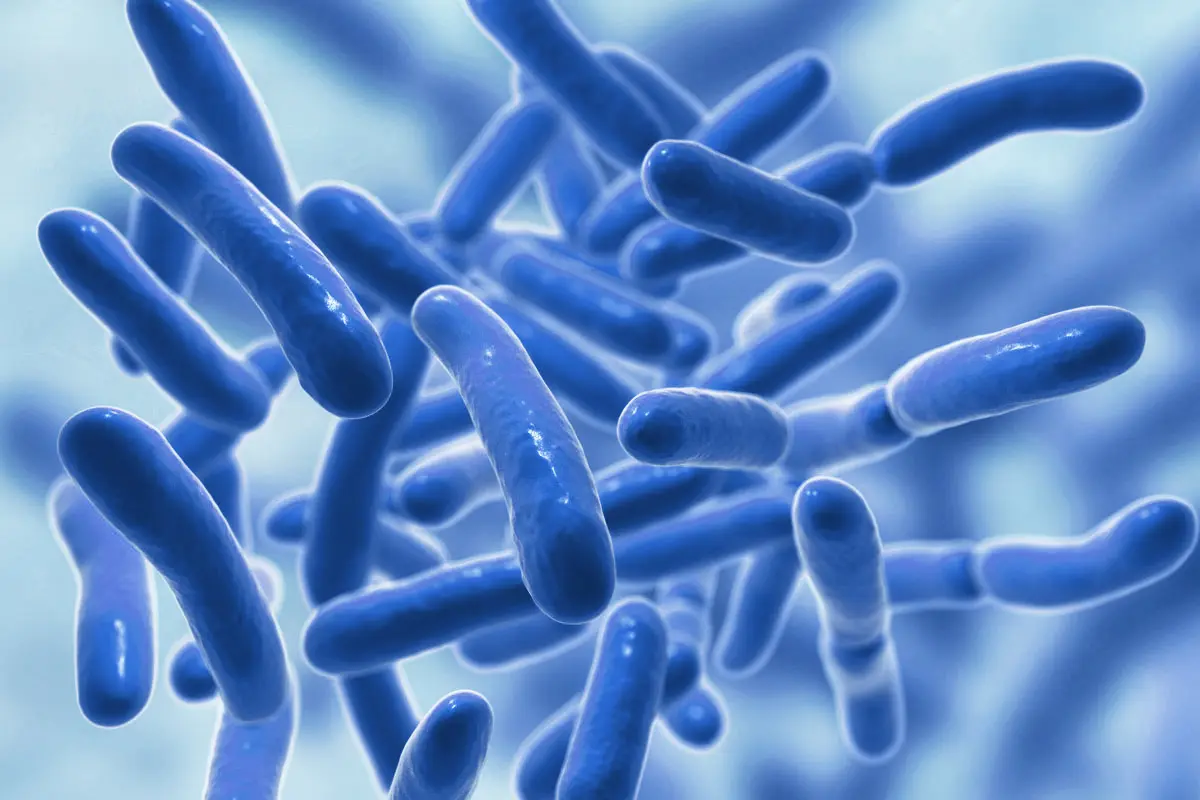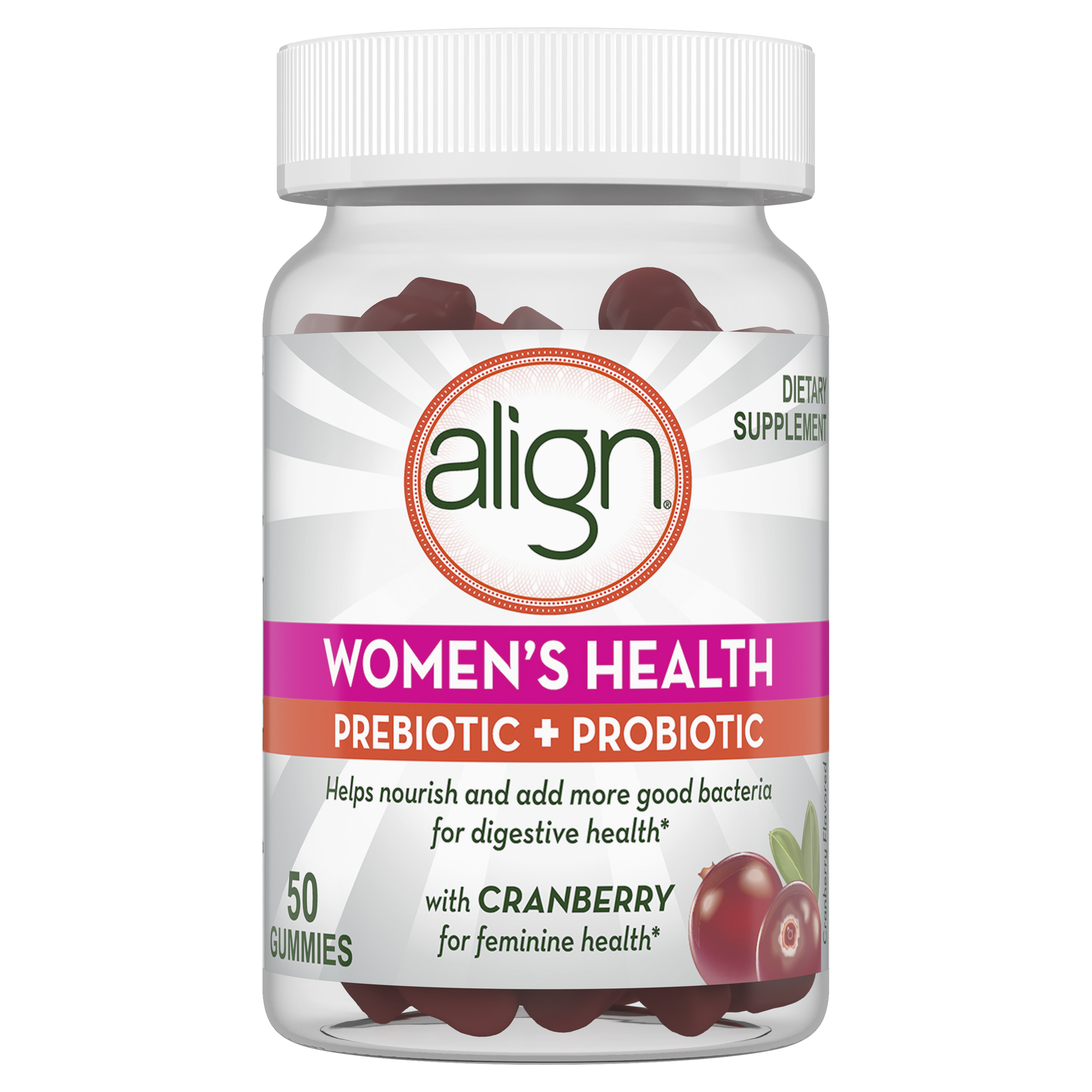Where do beneficial probiotics (microbes) live in my body? 671
by Admin
Posted on 30-09-2023 02:28 PM

Probiotics are a combination of live beneficial bacteria and/or yeasts that naturally live in your body. Bacteria is usually viewed in a negative light as something that makes you sick. However, you have two kinds of bacteria constantly in and on your body —
good
bacteria and bad bacteria.
 Probiotics are made up of good bacteria that helps keep your body healthy and working well. This good bacteria helps you in many ways, including fighting off bad bacteria when you have too much of it, helping you feel better. Probiotics are part of a larger picture concerning bacteria and your body — your microbiome.
Probiotics are made up of good bacteria that helps keep your body healthy and working well. This good bacteria helps you in many ways, including fighting off bad bacteria when you have too much of it, helping you feel better. Probiotics are part of a larger picture concerning bacteria and your body — your microbiome.
Does floraspring probiotic work? [2 year update] it might be that certain strains of probiotics are helpful, but not others. Perhaps, as the cell study suggests, whether people stand to benefit from probiotics depends on the composition of their microbiome. Scientists dont even know whether probiotics need to be alive when we ingest them. It could be that even dead microbes secrete molecules with beneficial properties. More research is needed to answer these questions. This brings us back to the grocery store and the multitude of probiotic options that line the supplement aisle. How is one to decide? can science offer any guidance to the average, healthy consumer? unfortunately, not really, chang says.
Probiotics are measured in colony-forming units (cfu), which represent the number of live bacteria per dose. In order to reap their benefits, you need to take in large doses of probiotics. Experts suggest probiotic supplements should contain a minimum concentration of 106 (1,000,000) viable cfu per gram to have beneficial effects on the body. Make sure the viable cfu is also guaranteed throughout the product's shelf- life . Dosing depends on the condition or symptom you intend to treat, but evidence suggests that a minimum daily dose of 108–1011 (100,00,000-100,000,000,000) cfu is necessary to obtain health benefits from probiotic supplements.
Harvard health publishing: "health benefits of taking probiotics" office of dietary supplements: "probiotics" world gastroenterology organisation global guidelines: "probiotics and prebiotics" california dairy research foundation: "probiotics basics" consumer labs: "probiotic supplements review (including pet probiotics)" harvard health publishing: "should you use probiotics for your vagina?" journal of gastrointestinal and liver diseases: "https://pubmed. Ncbi. Nlm. Nih. Gov/25531996/" canadian society of intestinal research: "probiotics for irritable bowel syndrome" american gastroenterological association: "aga does not recommend the use of probiotics for most digestive conditions" mayo clinic: "pouchitis" the bmj: "role of the gut microbiota in nutrition and health" beneficial microbes: "the development of probiotic treatment in obesity: a review" johns hopkins medicine: "the brain-gut connection" brain, behavior, and immunity: "a randomized controlled trial to test the effect of multispecies probiotics on cognitive reactivity to sad mood".
How do probiotics work?
Researchers are trying to figure out exactly how probiotics work. Some of the ways they may keep you healthy:
when you lose "good" bacteria in your body, for example after you take antibiotics, probiotics can help replace them.
 They can help balance your "good" and "bad" bacteria to keep your body working the way it should.
They can help balance your "good" and "bad" bacteria to keep your body working the way it should.
In recent years, the extensive research into probiotics and the microbiome leaves no doubt that these novel products can benefit some aspects of human health. Specifically, science has identified areas of use for diarrhea, respiratory conditions, and some infant illnesses and conditions. Probiotics may also help with weight management, gut issues, constipation , and mental health. People can do their research into which specific strains might work for their particular condition. A healthcare professional can help with this. They can choose probiotics according to their cfu, the strains included, and whether or not the product also contains prebiotics. Choosing a product with a lower cfu for general health maintenance can be more cost-effective.
Probiotics and prebiotics in general seem to influence an entire immunological network in the body, and tend to have the biggest potential early in life. If a mother consumes probiotic-rich food while pregnant, for example, she may reduce the child’s risk of allergy symptoms, such as skin rashes , nasal congestion, and watery eyes. Certain strains may also decrease the incidence of chronic digestive disorders like celiac disease , crohn’s disease, and ulcerative colitis. Lower risk of covid-19 taking probiotic supplements may lower your odds of getting covid-19, various studies have shown, though the studies were observational, so more rigorous ones are needed.